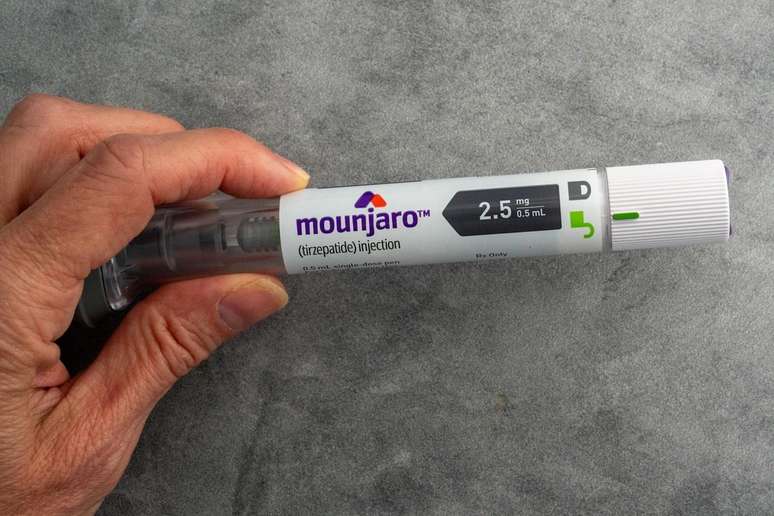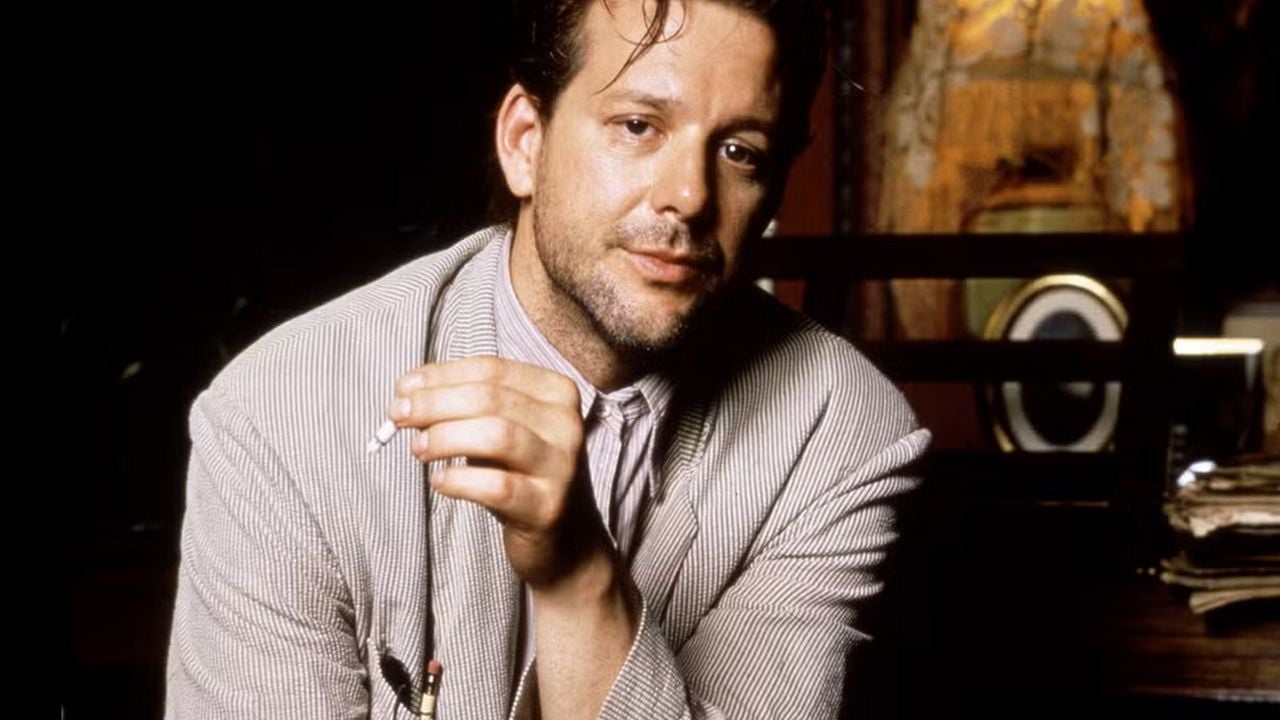Manipulation, emotional blackmail and violence are common characteristics of toxic and abusive relationships
Toxic and violent relationships affect the emotional sphere and cause trauma that can affect various areas of life. Often, people in a toxic relationship have difficulty recognizing their partner’s abusive behavior and may even be at risk within the relationship.
Psychiatrist Dr. Jéssica Martani explains what characterizes toxic and violent relationships. Toxic relationships are those that involve constant yelling and talking aggressive tone followed by insults, blackmail or manipulation.
According to the professional, “normally these people end up separating their partner from friends and family and still want to always have decision-making power in their hands”. Furthermore, psychological abuse, i.e. emotional manipulation by the partner, can also occur doubting one’s memory, perception, or sanity and even makes you feel responsible for your negative emotions and behaviors.
“This type of abuse can also occur in periods alternating with phases of affection and regret and with the promise of change, creating a vicious circle of emotional dependence,” says the specialist with a degree in psychiatry from the Instituto Superior de Medicina ( ISMD).
Narcissistic personality disorder
Narcissistic personality traits can cause a person to engage in a variety of abusive behaviors in a relationship. According to the psychiatrist, people who spend a lot of time worrying about their appearance, physical qualities and abilities or who always want to be the center of attention could be affected by this disorder.
“These people still show charm and attentiveness at the beginning of the relationship, but they soon begin to demand constant attention, ignore their partner’s feelings and manipulate them emotionally,” he warns. They may still have difficulty recognizing or considering the feelings and needs of others, have frequent fantasies of unlimited success, and have a history of relationships that are often superficial and based on what others can do for them.
Psychological treatment
In addition to psychotherapy, treatment for toxic and abusive relationships in some cases may involve prescribing medications to treat conditions such as depression, anxiety, or mood disorders that may be contributing to toxic behaviors in both the victim and the abuser.
“It is important to understand that prolonged stress in an abusive or toxic relationship, for example, can negatively affect the brain, particularly the amygdala and hippocampus, areas involved in emotional regulation and memory. A neurological understanding of these conditions is essential for effective therapeutic interventions to cure this relationship or for it to end without major emotional and psychological damage for both parties”, concludes Martani.
Source: Terra
Ben Stock is a lifestyle journalist and author at Gossipify. He writes about topics such as health, wellness, travel, food and home decor. He provides practical advice and inspiration to improve well-being, keeps readers up to date with latest lifestyle news and trends, known for his engaging writing style, in-depth analysis and unique perspectives.






-1huxor8vo00v8.png)

